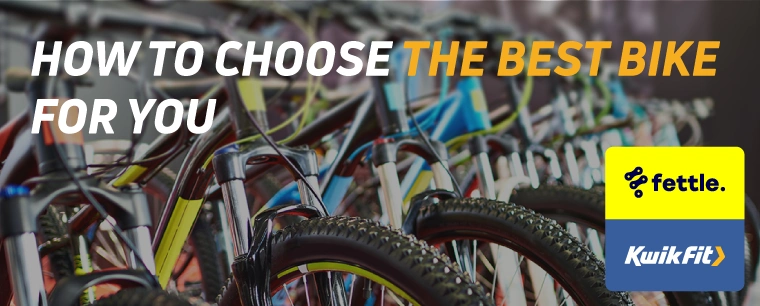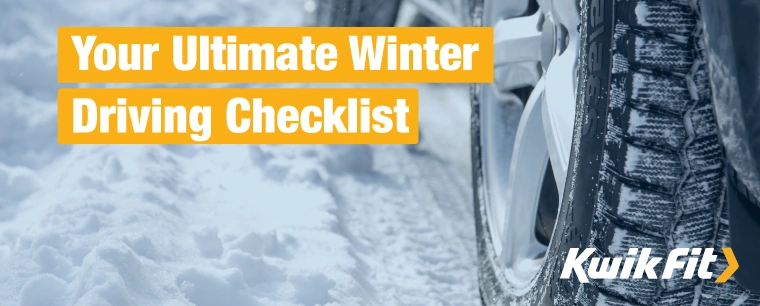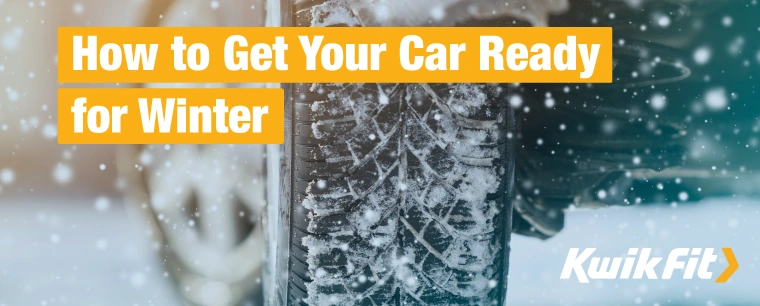How to Choose the Best Bike For You
Jack Dreyer | Monday 1st July 2024 3:00pm

Choosing a pedal bike that best suits your needs can be tricky when trying to navigate the complexities of modern life: you need something compact, easy to ride, lightweight, easy to maintain, affordable, and a whole host of other requirements. But, while the considerations might feel overwhelming, there’s always a perfect bike for your needs.
This guide is designed to help would-be cyclists settle on the perfect set of wheels for them. Simply use the following questions as prompts to help you think more deeply about the unique features and functionalities of your ideal bike.
What do you need your bike for?
In the same way that deciding which kind of car would work best for you, deciding which bike is likely to work best for you depends greatly on what you need your bike to do. Here are the main ‘types’ of bike.
Leisure
Leisure bikes tend to be larger in order to provide stability. The larger wheels make it easier to physically pedal slowly while maintaining a decent pace (usually on primarily flat ground). They also tend to come with features like baskets and other platforms for storage so that you can, for example, do a leisurely shop with them.
They’re particularly suited for smaller towns and sub-urban biking, especially when not your primary mode of transport.
Commuting
Commuting bikes vary somewhat based on the kind of commuting they need to help with. The main differences are either compactness or comfort. Compactness, especially the ability to fold your bike up, is crucial for commuting that uses public transport like buses and trains (many bus operators don’t allow non-foldable bikes onto the bus) – but compact bikes also tend to feature fewer gears.
Comfort is more of a priority when the commute is direct to your place of work but long enough to warrant a need for comfort (i.e. usually more than 15-20 minutes).
Off-roading
Off-roading and the ‘Sport’ option can technically be classed as “leisure” but have very specific requirements. Off-road bikes tend to be extremely bulky, with significant suspension systems and large, deep-grooved tyres to handle the variety of terrains that an off-roader might want to cycle over. What makes them great off roads, however, tends to make them cumbersome on roads. The large tyres grip roads very well, for example, but this then makes it harder to cycle on roads than it would be with, for example, a road bike.
Sport
Sport bikes tend to be designed with a focus on extremely low weight and slimness. The wheel sizes tend to be quite large in order to enable greater speed (having larger wheels means you roll over a greater distance with each wheel rotation) but the wheels tend to have a lot less grip on the road because they’re so slim. This focus on performance also tends to mean a reduction in comfort. In order to keep weight as low as possible, many designers forego suspension systems.
Hybrid/road bikes
If you don’t need your bike for any of these, there is, in fact, a middle ground type in the form of a ‘hybrid’ bike. These go by different names but, essentially, offer the slimness and low weight of sport bikes with some of the comforts of suspension, tyre grip, wheel size, and storage capability. These can often be okay for offroading, but only “offroading” on well-worn paths rather than the extreme off-roading you’d expect from a mountain bike.

How compact do you need your bike to be?
Other than for commuting, the compactness of a bike makes a huge difference when you live in confined spaces like apartments or don’t have outside storage space. Of course, you can always work around a bulky bike if you need to, but most people find it too much hassle to lug a bike up multiple flights of stairs and find space for it within their living areas – especially after having cycled any distance.
A foldable bike offers this convenience of compactness and low weight but often comes at the cost of ‘performance’ insofar as they tend to have smaller wheels that reduce maximum speed and, sometimes, make cycling more strenuous. But foldable bikes are perfect for city cycling where ‘maximum performance’ doesn’t necessarily mean world-record-breaking speeds.
Manual bikes vs electric bikes
Once you have a clear idea of what you need your bike to do, the biggest and last consideration is whether you need your bike to be completely manual or have a pedal-assisted electric motor.
Other than in the case of premium manual bikes (like particular sport models & brands), the main consideration here tends to be budget. Because they’re still comparatively new and because they need a lot of advanced technology, electric bikes can frequently be upwards of five times the price of a manual counterpart (though there are budget options available).
Whether you need an electric bike or not really depends on you individually.
Electric bikes can be really helpful for people who aren’t necessarily very active, those who do a lot of daily cycling (for deliveries, for example), or even for older folks who want to stay active without having to rely on a car for transport around a town. They also make cycling in hilly areas much easier because the motor assists your pedalling.
Need a bike service?
Once you’ve settled on the perfect bike for your needs, make sure you get it set up and regularly serviced by experts. We’ve teamed up with bike experts, Fettle, to offer great bike servicing, repairs, and assembly right in our Kwik Fit centres – find your closest centre here.
Any facts, figures and prices shown in our blog articles are correct at time of publication.
Featured Articles
Is Your Car Battery Ready for Winter?
Monday 11th November 2024
Is the UK on the verge of ‘the coldest winter for 50 years?’ Even if El Niño doesn't hit the UK this winter, reduce the risk of a winter breakdown by making sure your car battery is winter-ready.
Your Ultimate Winter Driving Checklist
Monday 31st October 2022
Driving in the colder months presents many challenges. Breakdowns are far more common in winter, so make sure you’re prepared with these essentials.
How to Get Your Car Ready for Winter
Wednesday 28th September 2022
Winter can be a harsh season for your car but planning ahead by carrying out some basic maintenance and packing some essential kit should help you avoid a winter breakdown.







